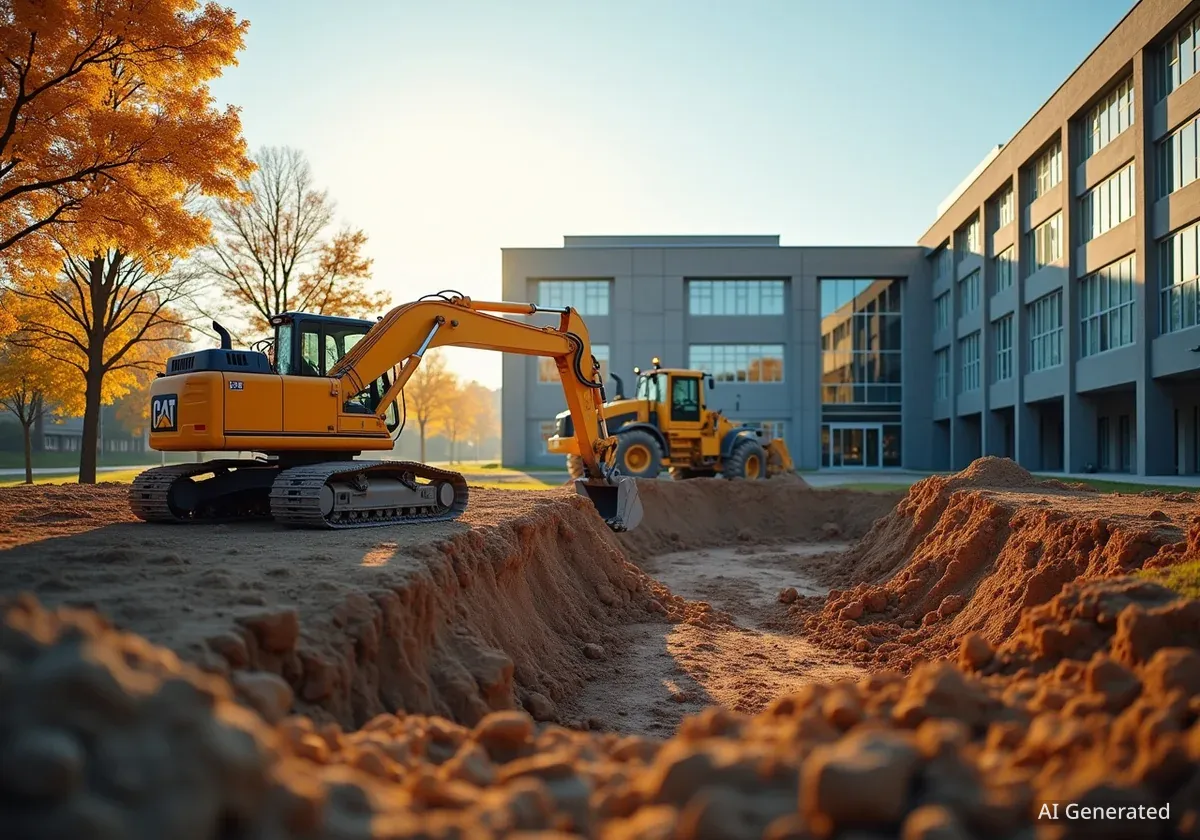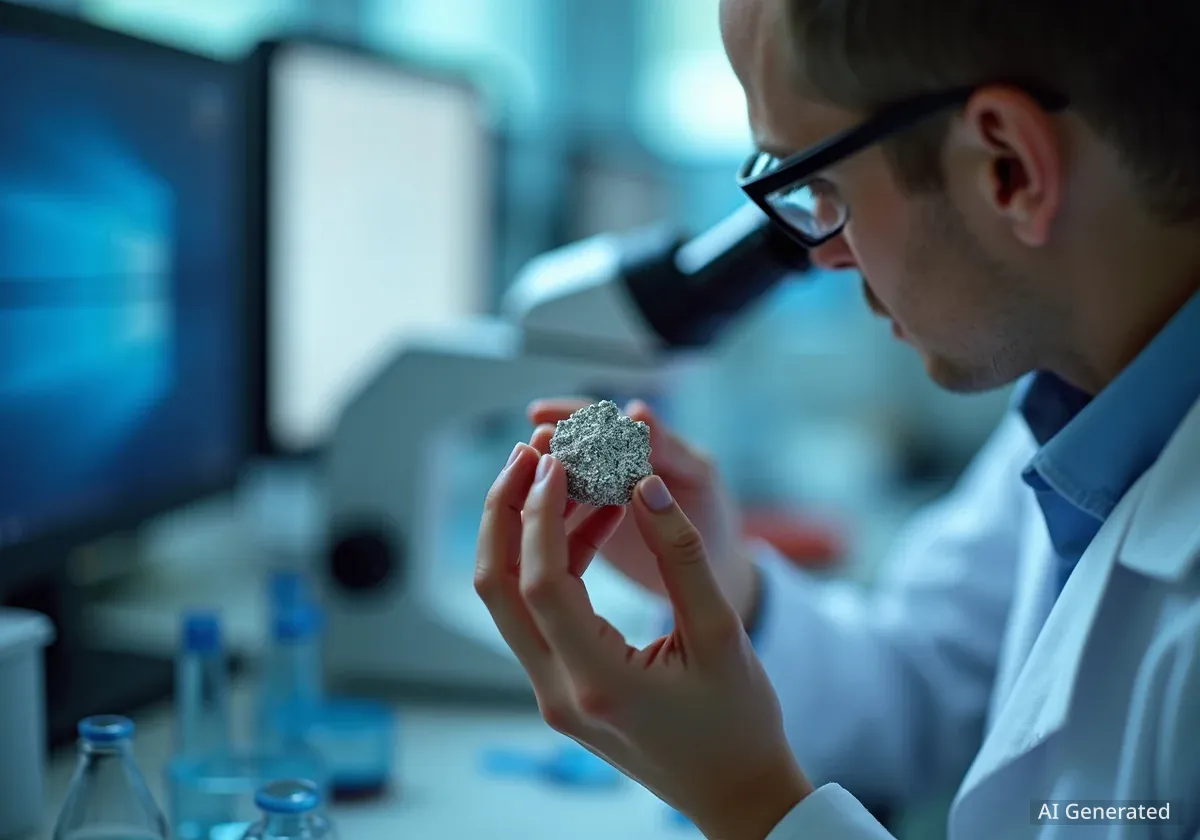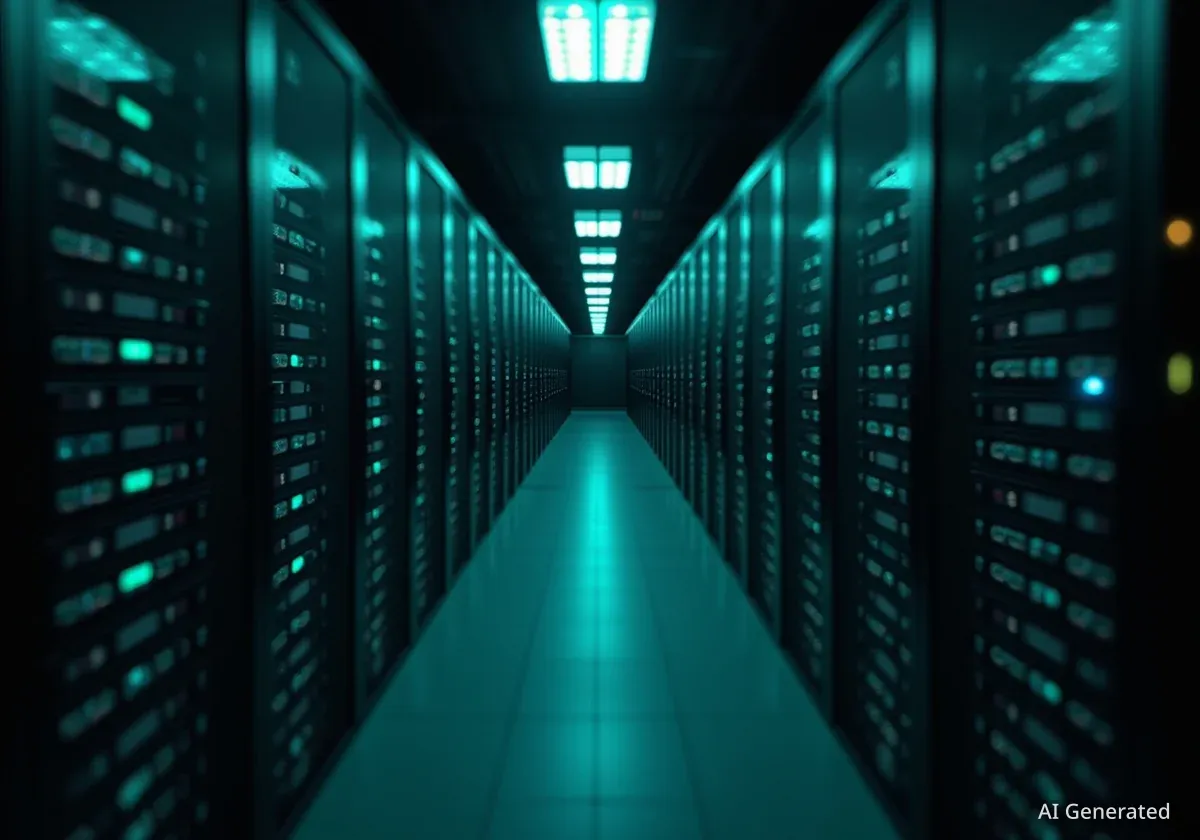Northwood University has announced the establishment of a new Institute for AI and Robotics, made possible by a $150 million donation from technology company Innovate Corp. The new facility will focus on advanced research, education, and industry partnerships in artificial intelligence and automation.
The 120,000-square-foot building is scheduled to break ground in fall 2024 and is expected to open its doors to students and researchers by spring 2027. This initiative represents one of the largest single investments in the university's history and aims to position the region as a leader in technological innovation.
Key Takeaways
- Northwood University is creating a new Institute for AI and Robotics.
- The project is funded by a landmark $150 million donation from Innovate Corp.
- The 120,000-square-foot facility will focus on research, education, and industry collaboration.
- Construction is set to begin in fall 2024, with a projected opening in spring 2027.
- The institute is expected to create hundreds of jobs and attract top talent to the region.
A Landmark Investment in Technology Education
Northwood University officials confirmed the details of the $150 million gift from Innovate Corp, a global leader in software and hardware solutions. The donation is the largest corporate contribution the university has ever received and is designated for the construction and endowment of the new institute.
University President Dr. Samuel Chen described the partnership as a pivotal moment for the institution. He emphasized that the institute will not only advance academic research but also create a direct pipeline of talent for the rapidly growing technology sector.
"This is more than a building; it's a commitment to the future," Dr. Chen stated during the announcement. "The Institute for AI and Robotics will provide our students and faculty with the resources to tackle some of the most complex challenges of our time. We are immensely grateful to Innovate Corp for their visionary support."
The funding will be allocated across several key areas. Approximately 60% of the donation is earmarked for the design and construction of the state-of-the-art facility. The remaining 40% will establish an endowment to fund faculty positions, graduate student fellowships, and ongoing operational costs.
Facility Design and Program Focus
The planned 120,000-square-foot building will be located on the university's West Campus, adjacent to the College of Engineering. Architectural plans reveal a design centered on collaboration, with flexible laboratory spaces, startup incubator hubs, and dedicated project rooms.
Strategic Location
The institute's placement on West Campus is strategic, fostering interdisciplinary work with the university's engineering, computer science, and data analytics departments. This proximity is intended to encourage spontaneous collaboration among students and researchers from different fields.
The institute will house several specialized research centers. These centers will concentrate on specific domains within artificial intelligence and robotics.
Core Research Areas
- Machine Learning and Data Science: Developing new algorithms for processing and understanding large datasets.
- Autonomous Systems: Researching self-driving vehicles, drones, and other independent robotic systems.
- Human-Robot Interaction: Studying how humans and robots can work together safely and effectively.
- AI Ethics and Policy: A dedicated center to examine the societal and ethical implications of artificial intelligence.
Dr. Anya Sharma, a leading robotics researcher from Stanford University, has been appointed as the institute's inaugural director. Her work in autonomous navigation systems is highly regarded in the field. "Our goal is to create an ecosystem where groundbreaking ideas can move from the lab to the real world," Dr. Sharma explained. "We will be training the next generation of innovators who will shape our technological landscape."
Economic and Community Impact
The establishment of the institute is projected to have a significant positive impact on the local and regional economy. An economic forecast commissioned by the university estimates the project will create over 300 construction jobs during its development phase.
Projected Economic Growth
Once operational, the institute is expected to support more than 500 permanent jobs, including faculty, researchers, technical staff, and administrative roles. The university projects an annual economic output of over $75 million for the region.
Jasmine Hayes, CEO of Innovate Corp, highlighted the project's role in building a skilled workforce. She noted that her company, like many others in the tech industry, faces a persistent shortage of talent with advanced AI and robotics expertise.
"Our investment in Northwood University is an investment in our collective future," said Hayes. "By fostering top-tier talent and research, we are helping to build a sustainable innovation hub that will benefit the entire industry and the community for decades to come."
Local government officials have praised the initiative. The mayor's office released a statement calling the partnership between the university and Innovate Corp a model for public-private collaboration that will enhance the city's reputation as a center for technology.
Future of Research and Collaboration
The institute's mission extends beyond academic pursuits. A key component of its charter is to build strong partnerships with both established technology firms and emerging startups. The facility will include an "Industry Collaboration Suite" where corporate partners can embed their own research and development teams to work alongside university faculty.
This model is designed to accelerate the commercialization of new technologies. Students will also benefit from direct access to industry mentors and internship opportunities, providing them with practical experience that complements their academic studies.
The curriculum will offer new undergraduate and graduate degree programs in AI and Robotics Engineering. These programs are being developed with input from industry leaders, including Innovate Corp, to ensure they meet the demands of the modern workforce.
The first student cohort for these new degree programs is expected to be admitted in fall 2026, allowing them to utilize the new facility as it nears completion. With this major step, Northwood University is positioning itself at the forefront of the technological revolution, preparing students for jobs that are just beginning to emerge.





